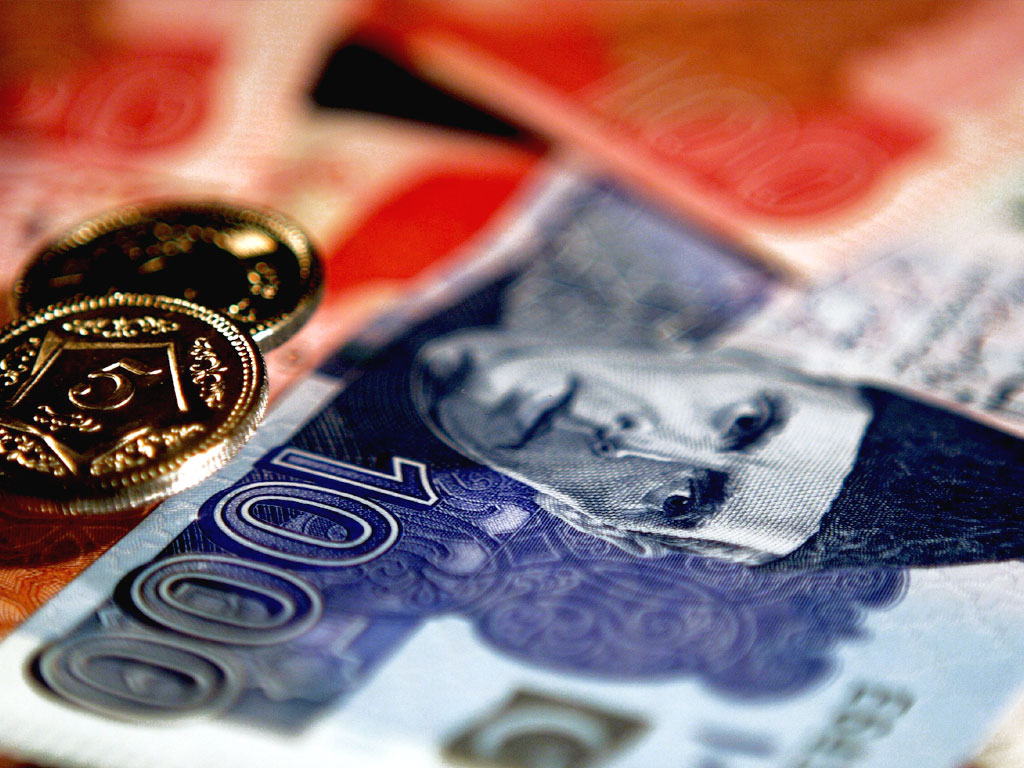Rs1.2trn package: a misnomer?

The much-touted 1.2 trillion rupee relief package announced by the government appears to be a misnomer as it not only restates budgeted expenditure envisaged as far back as in June 2019, at least five months before news of the Coronavirus began to filter out of China, but also defines relief erroneously as not fully passing on the drastic fall in the international price of crude oil and petroleum products to Pakistani consumers as required under the applicable principle of pass through.
Details of allocations under the package reveal the following items should not have been lumped with a 'relief' package: (i) government's procurement activity - 280 billion rupee wheat procurement (a usual activity every year which is later recovered by the government) as well as purchase of 50 billion rupee medical equipment related to dealing with the Coronavirus; (ii) 100 billion rupee refund to exporters (already budgeted); (iii) 75 billion rupee 'relief' in the price of petrol claimed by the Prime Minister's Advisor on Finance, Hafeez Sheikh, an inexplicable claim as the decline is sourced to a fall in the international price of oil which, to add insult to injury, was not fully passed onto consumers; (iv) the budget does not specify the amount earmarked for the beneficiaries of Benazir Income Support Programme, renamed Kafaalat programme, however it is relevant to note that the BISP beneficiaries' monthly stipend was raised by 1000 rupees per month and the total number of beneficiaries increased from 5.2 million to 12 million families. Prime Minister Imran Khan has cited the figure of 144 billion rupees to be disbursed to the poor and vulnerable families, which is fully supported, however the amount for BISP, under the rubric of Ehsaas programme, was budgeted 190 billion rupees and therefore the 144 billion rupee disbursement cannot be lumped under a Coronavirus relief package.
This in total the amount that has to be taken out of the 1.2 trillion rupee relief package is a whopping 695 billion rupees or around 58 percent leaving 505 billion for relief. The government's package envisages 100 billion rupees in support of small industries and the agriculture sector (details not yet shared) and another 100 billion rupees for emergency relief fund (again details of disbursements not yet shared). One would have to wait and see how much of this amount is actually disbursed and its effectivity in ensuring that the wheels of industry continue to churn providing employment opportunities to the hundreds of thousands of unskilled labour as well as those operating in the informal sector without any means of income due to the lockdown.
There is no doubt that due to stifling of economic activity, first due to contractionary fiscal and monetary policies after the staff level agreement was reached with the International Monetary Fund, and more recently due to the onset of the Coronavirus in the country, revenue base has further eroded with speculation that actual tax revenue target would be around 4 trillion rupees - almost 1.5 trillion rupee lower than budgeted. At the same time, revenue generating measures including privatization proceeds and higher State Bank of Pakistan profits that would replace any shortfall cited by Hafeez Sheikh are unlikely to bear fruit in the current environment.
However, the IMF has agreed to extend 1.4 billion dollar Rapid Financing Instrument and the World Bank and Asian Development Bank has agreed to extend a combined loan of 588 million dollars to combat the impact of the virus on the poor and the vulnerable. Thus a total of 1.98 billion dollars (around 332 billion rupees) would be available in the short term to deal with the crisis though it is unclear whether this amount would be used explicitly for dealing with the crisis or be used to meet the prior conditions for the release of the third tranche by the IMF that in all probability include tax and power sector reforms.
The Prime Minister, therefore, needs to take immediate cognizance of the severe financial constraints his economic team is working under and any attempt, however attractive it may appear, to subsume the package in the existing budgeted allocations must be avoided at all costs to avoid embarrassment that may be caused due to incorrect claims. The people of this country are struggling to deal with the crisis not only as families but, given the Prime Minister's oft repeated altruism that Pakistanis are one of the most charitable people in the world, are also engaged in social work within their communities and need to be taken fully and honestly on board.





















Comments
Comments are closed.